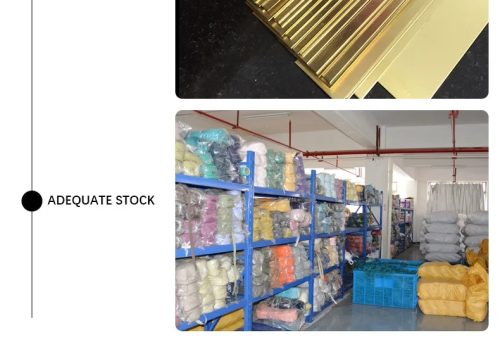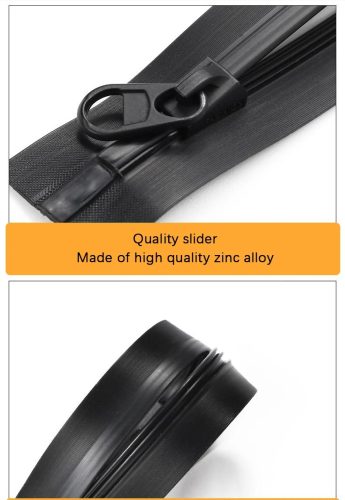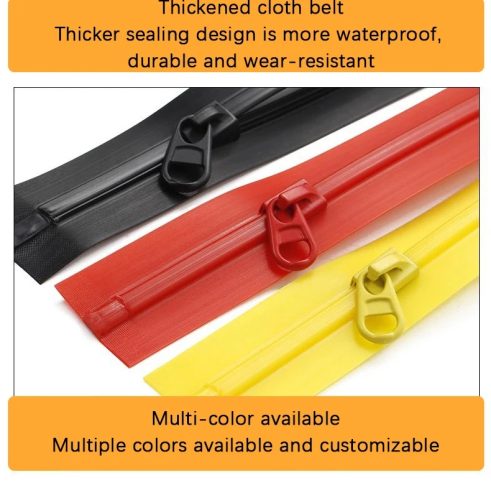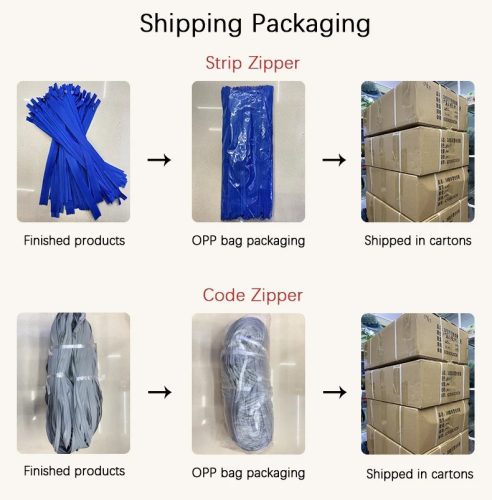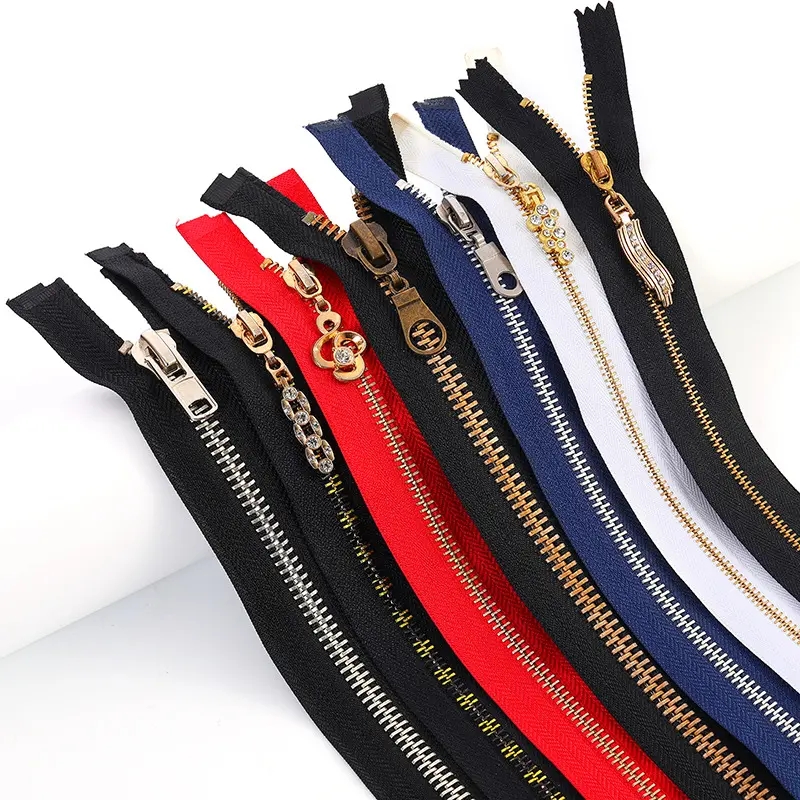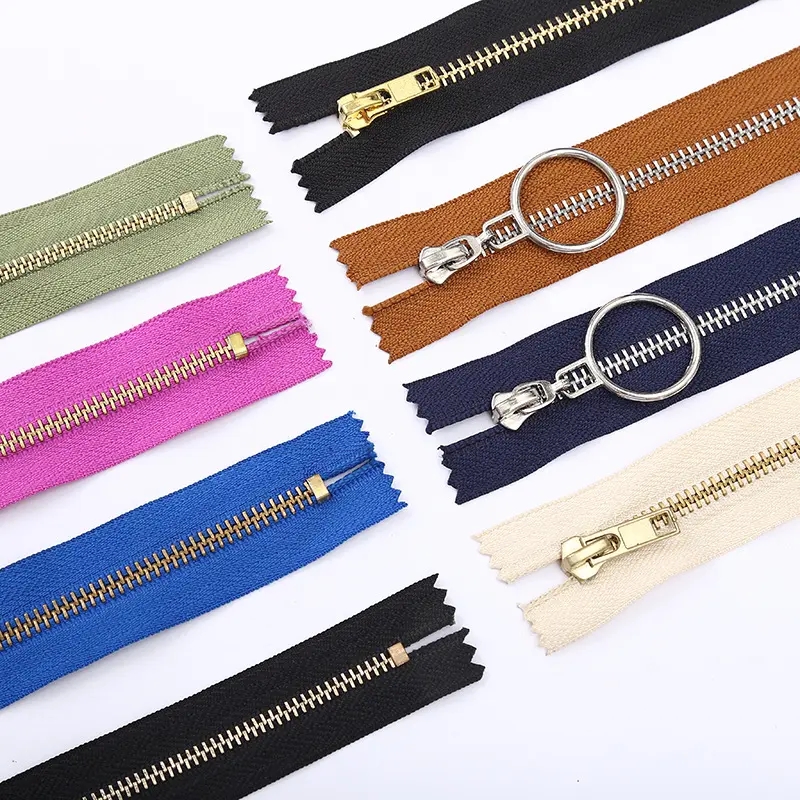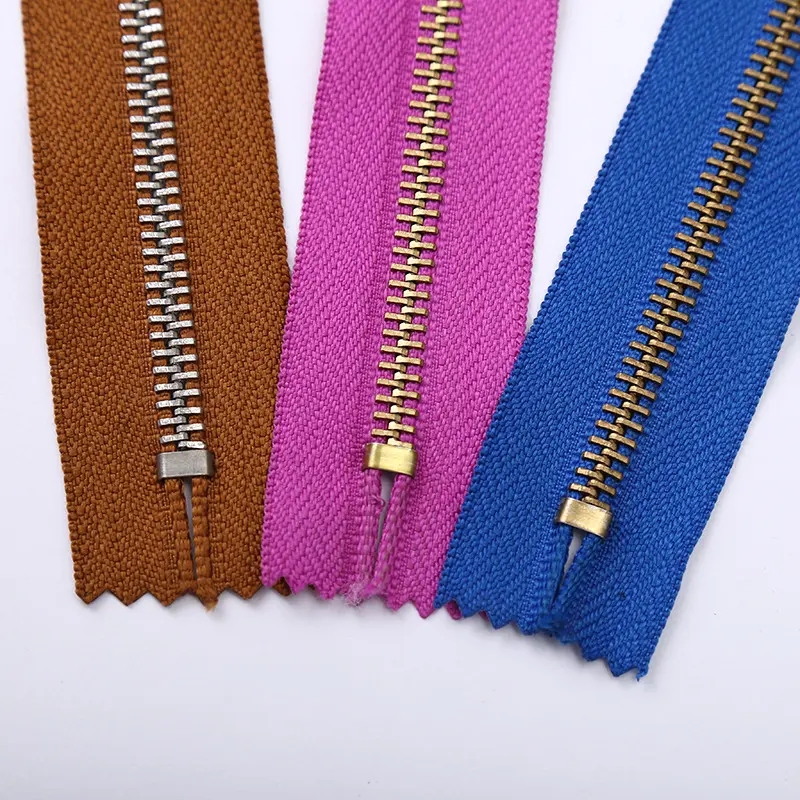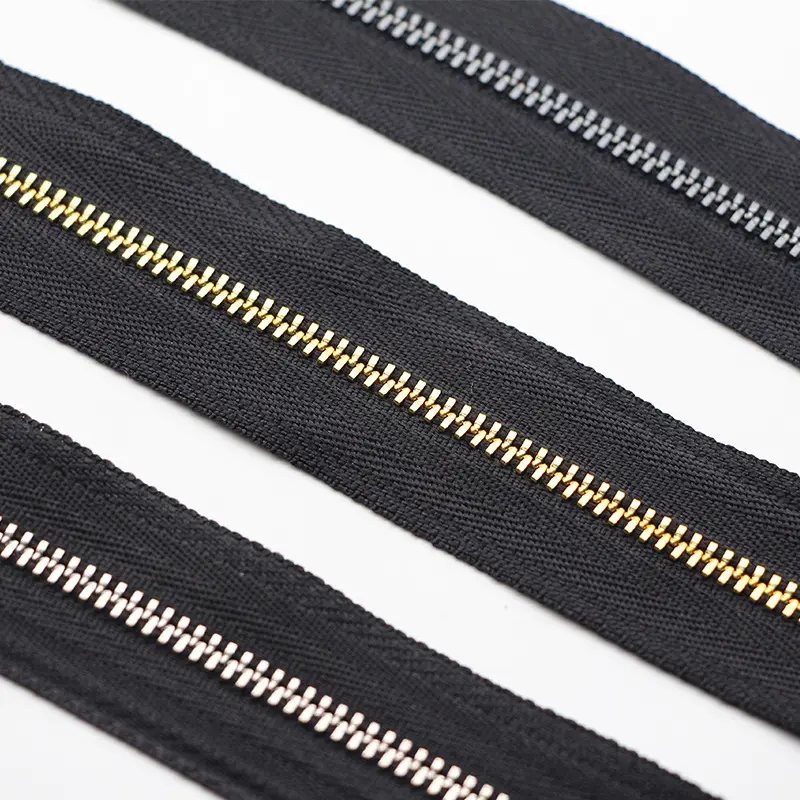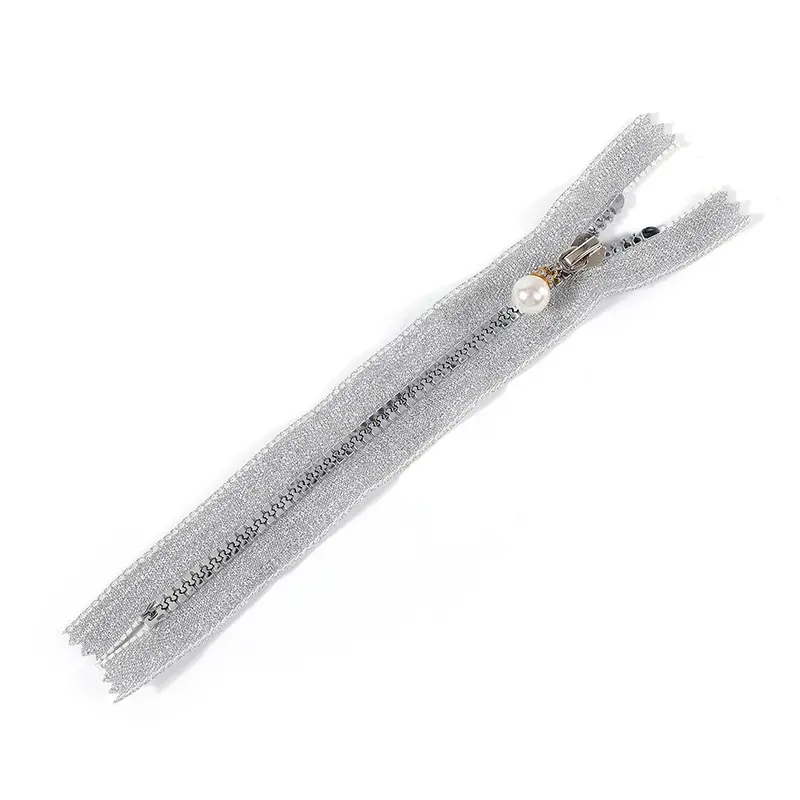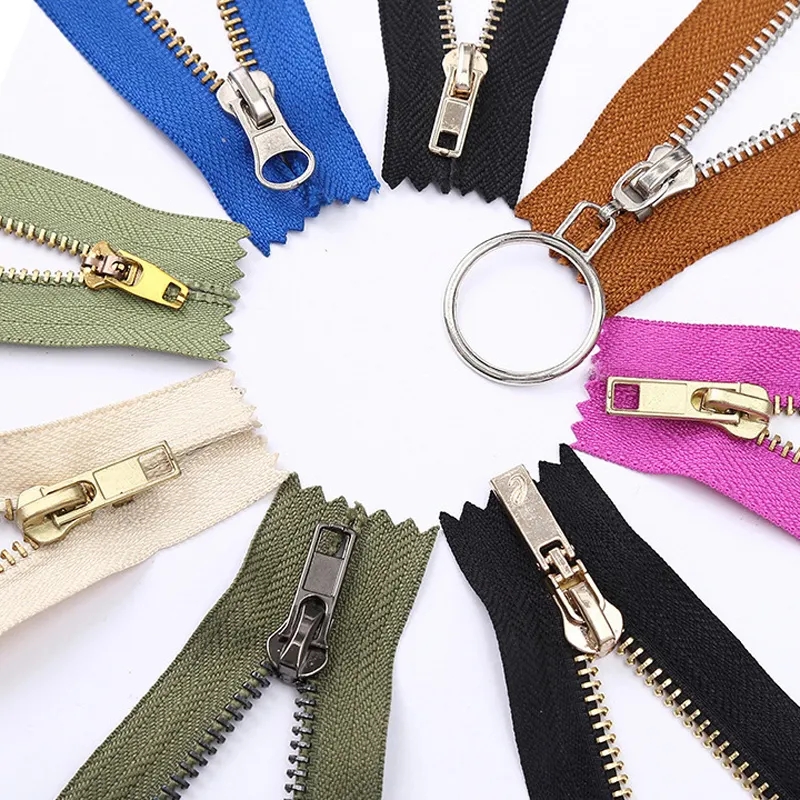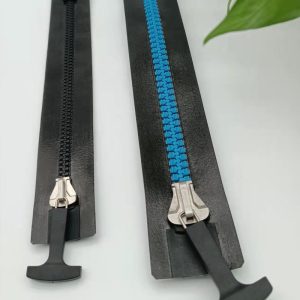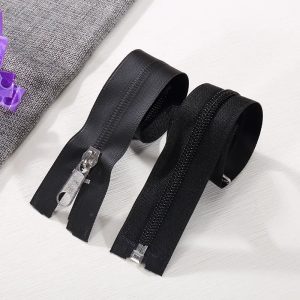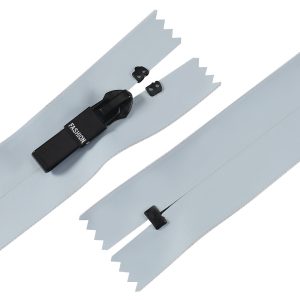Here are some packaging methods for waterproof zippers:
- Plastic Bag Packaging: Placing the waterproof zipper inside a plastic bag and sealing it to ensure waterproofing. This method is simple and effective in protecting the zipper from moisture and water.
- Foam Packaging: Wrapping the waterproof zipper in foam material, such as foam plastic or bubble wrap, to provide additional protection and cushioning during transportation, preventing damage.
- Sealed Bags or Pouches: Using waterproof sealed bags or pouches designed specifically to prevent water infiltration.
- Vacuum Sealing: Employing vacuum sealing technology to place the waterproof zipper in a vacuum bag, removing air, and sealing the bag to minimize moisture and water penetration.
- Box Packaging: Placing the waterproof zipper in a waterproof box or packaging container with added padding or lining materials to ensure adequate protection during storage and transportation.
These packaging methods can be adjusted and combined based on product specifications and the requirements of the target market to ensure the waterproof zippers remain undamaged during storage and transit.
Sure, here are the materials commonly used in waterproof zippers:
- Plastic Zipper: Plastic zippers are typically made from polyester or nylon. These materials inherently possess some level of water resistance. Special coatings or treatments can enhance their waterproof capabilities, making them suitable for applications requiring higher waterproofing.
- Chloroprene Zipper: Also known as Neoprene zippers, these are made from chloroprene rubber, offering good waterproof properties due to the rubber’s nature. They exhibit high resistance to corrosion and abrasion, suitable for applications that demand durability and waterproofing.
- TPU-Coated Zipper: Thermoplastic Polyurethane (TPU) coating applied to zipper surfaces enhances their waterproofing. TPU provides flexibility and durability, effectively preventing water penetration.
- Silicone Zipper: Silicone material is highly heat and corrosion-resistant, offering excellent waterproofing. Silicone zippers are commonly used in specialized environments such as outdoor sports gear or water-related equipment due to their exceptional waterproof properties.
These materials can be used individually or combined, often with special treatments or coatings, to elevate the waterproofing capabilities of the zippers to meet various waterproofing requirements in different applications and environments.


